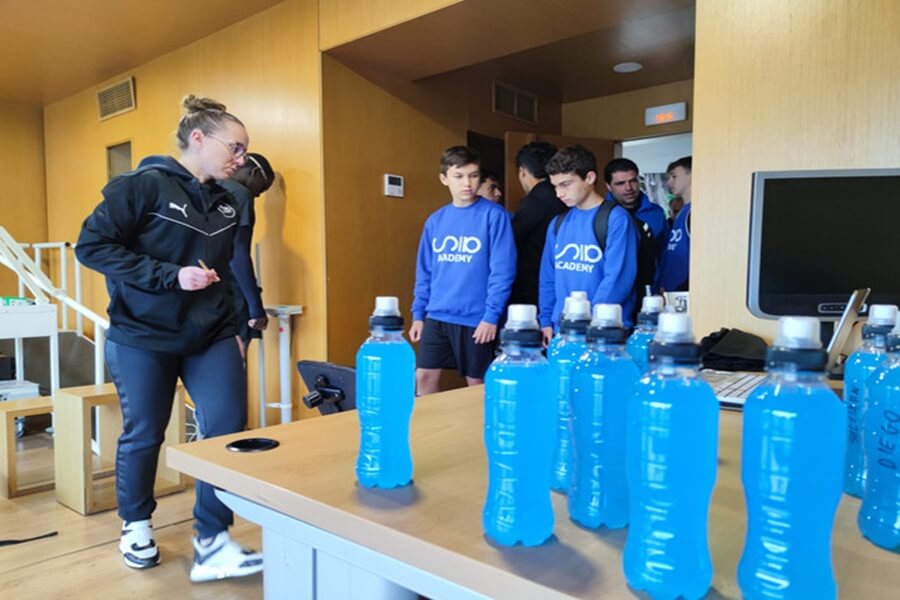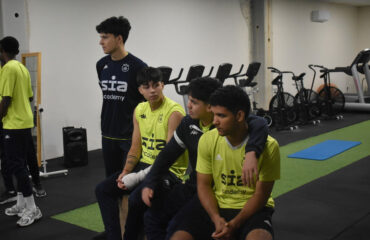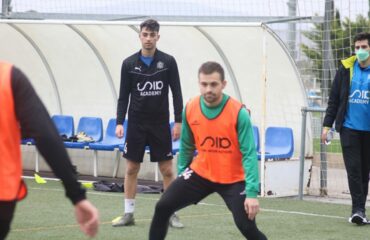In modern football, every little detail matters. From technique and tactics to nutrition and recovery, everything influences a player’s performance. In this context, sports supplementation has gained importance—not only at the professional level but also in developmental stages. But, is it really necessary for young players? And how is it addressed in high-performance centers like SIA Academy?
Table of contents
What is sports supplementation?
Sports supplementation refers to the intake of products designed to provide nutrients that complement the regular diet. These supplements may include proteins, amino acids, vitamins, minerals, creatine, among others. Their main goal is to improve performance, support recovery, and prevent nutritional deficiencies, especially when the athlete’s physical demands are high.
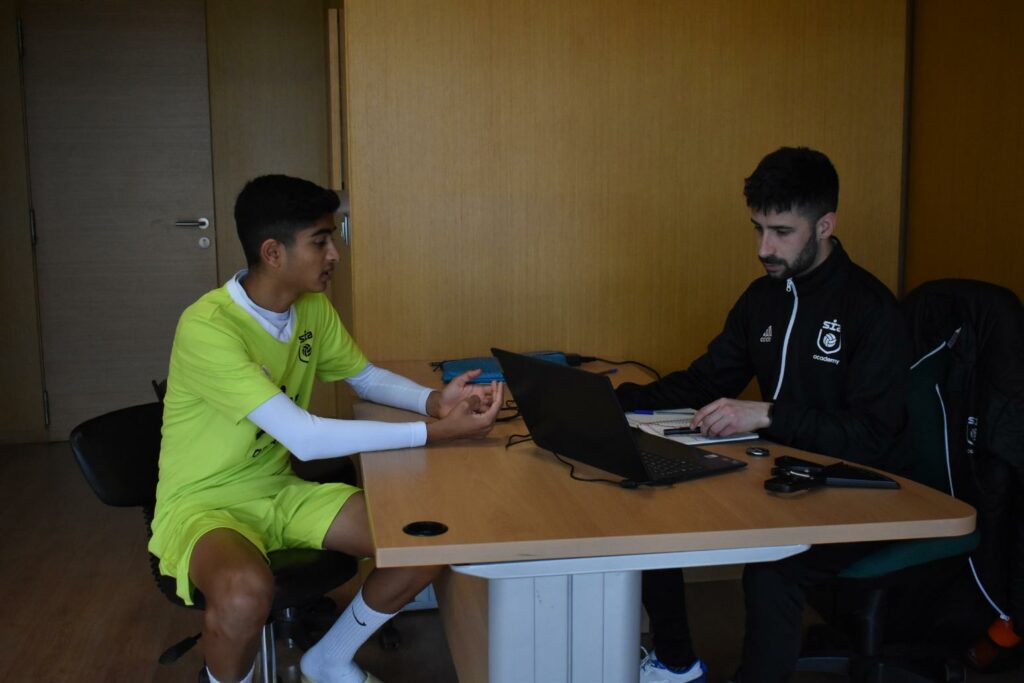
Football and nutritional demands
Football is a sport that requires endurance, strength, agility, and quick recovery. During intense training sessions and matches, players lose fluids, electrolytes, and muscle glycogen, and the body needs to replenish these resources efficiently to avoid fatigue, injuries, or poor performance.
For adult or professional players, supplementation is already well-established as part of their routine. But the case is different for young players, who are still in full physical and mental development.
Supplementation in young footballers: when is it necessary?
Teenagers and children who play football recreationally or at local academies usually do not need supplements if they follow a balanced diet suited to their activity level. However, there are specific situations where supplementation can be helpful or even necessary:
- High training loads: In high-performance academies like SIA Academy, young athletes train almost at the same intensity as professionals. In these cases, the caloric expenditure and physical strain require greater nutritional support.
- Diagnosed nutritional deficiencies: If a player has a deficiency in iron, vitamin D, calcium, or any other micronutrient, supplementation may be recommended under professional supervision.
- Phases of rapid growth: During adolescence, the body undergoes rapid changes, and nutritional needs increase. If the diet doesn’t meet those needs, additional support may be considered.
- Post-match or post-training recovery: In particularly demanding sessions, supplements like recovery shakes (carbs + protein) can help optimize muscle regeneration.
The SIA Academy approach
The SIA Academy approach combines high-performance training, academic education, and strong support in sports science.
Unlike other academies, SIA Academy does not promote widespread or indiscriminate supplementation. Its multidisciplinary team—made up of nutritionists, fitness coaches, and sports doctors—evaluates each player individually.
In cases where supplementation is considered, it is implemented with scientific backing, personalization, and constant monitoring. For example:
- For players with double training sessions daily, recovery strategies include whey protein and isotonic drinks.
- In hot weather, electrolytes are used to prevent dehydration.
- Body composition is assessed regularly to tailor the nutritional and supplementation plan if needed.
Additionally, the academy focuses on educating young players about healthy eating habits, promoting a culture where nutrition is seen as an essential part of performance, not just a temporary fix.
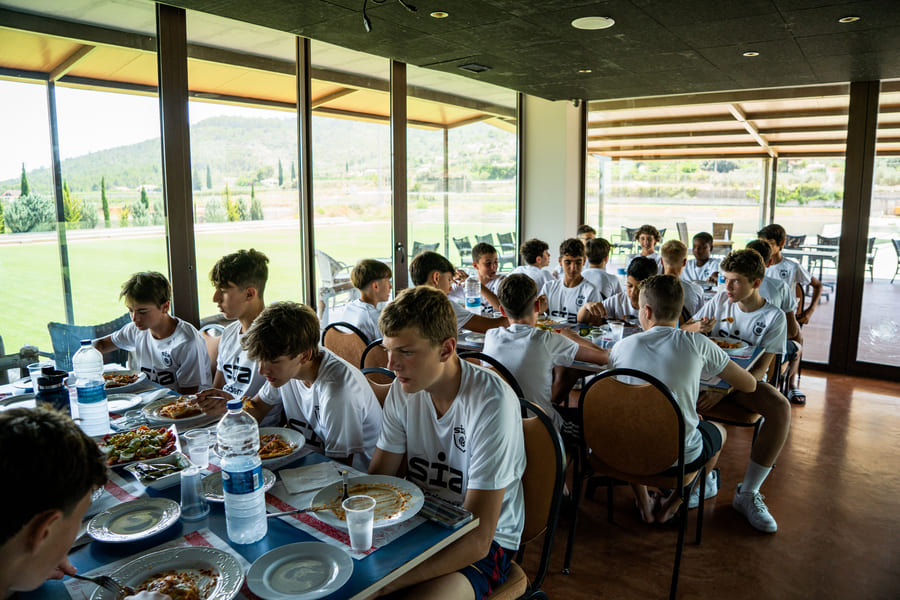
Risks of uncontrolled supplementation
One of the main mistakes made at early ages is taking supplements without supervision, whether due to trends, peer pressure, or misinformation. This can lead to:
- Nutritional imbalances
- Gastrointestinal issues
- Liver or kidney overload
- Consumption of poor-quality or contaminated products
That’s why supplementation should always be the last resort, never the first. Diet, hydration, and sleep habits come first. Only when those are not enough should supplements be introduced, always under professional supervision.
Sports supplementation can be a valuable tool in the development of young footballers, but it must be used with criteria, knowledge, and responsibility. At academies like SIA Academy, the health and holistic development of the player are prioritized over immediate results, and nutrition plays a key role in that process.
Developing complete athletes is much more than just training hard: it involves teaching them to care for their bodies, make informed decisions, and build a sustainable career. And in that, SIA Academy makes the difference.



